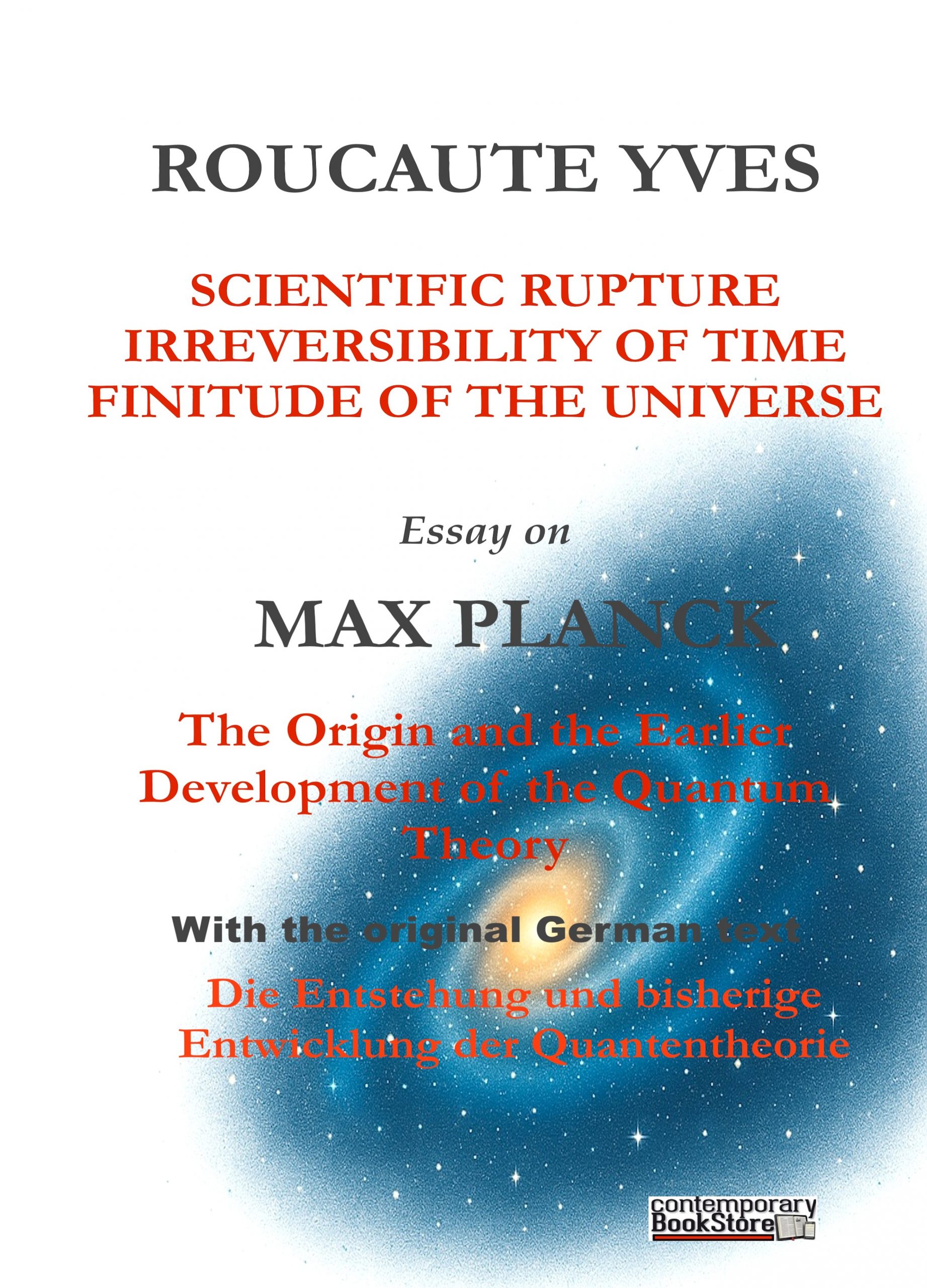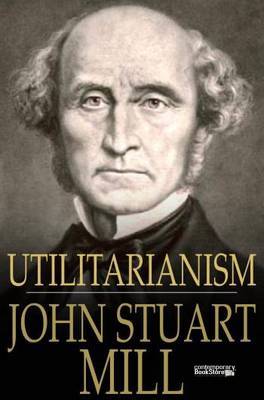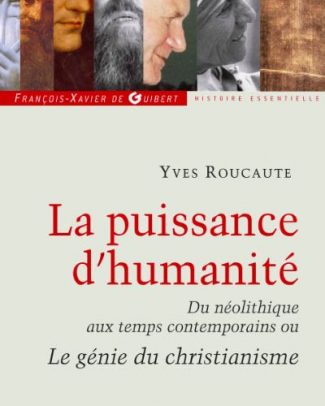Description
That I devoted a lecture and later a study to the formidable address delivered by Max Planck in Stockholm on June 2, 1920, at the occasion of his Nobel Prize award before the Royal Swedish Academy of Sciences, will be readily understood by anyone who reads what follows. Let it be said at the outset, however, that this text, entitled “The Origin and The Earlier Development of the Quantum Theory,” (Die Entstehung und bisherige Entwicklung der Quantentheorie) consecrated for eternity a work that had already indelibly marked the most advanced human minds. When I came across it much later, it moved me profoundly, leading me to break with the entire history of modern philosophy while I was writing my second doctoral dissertation in epistemology under the direction of my friend Jean-Toussaint Desanti, epistemologist of mathematics.
And if I now publish—revised and updated on the margins—the modest lecture I had the opportunity to delive at the request of the Concorde Foundation in the autumn of 2002, it is due to the passing, in 2025, of my friend Antoine-Tristan Mocilnikar, who had invited me. The memory of this polytechnician, Chief Engineer of Mines, Doctor in Applied Mathematics, with whom I exchanged so many scientific, political, philosophical, and theological reflections during fraternal meals over more than thirty years, was the decisive element that led me to return on my decision to remain withdrawn from the public sphere—particularly from contemporary debates, so-called matters of “current affairs,” mediocre spectacles of showmen that divert public opinion from the true actuality: the evolution of knowledge, the true history, the development of the human spirit. For I know nothing more untimely, even when deserving of compassion, than this juxtaposition of trivial events paraded by entertainers on our networks, or the display on social media of infantile, often morbid, narcissistic impulses. This is not to deny the relevance of an interest in our fellow human beings, but rather to insist that we must truly care— and, for that, we must abandon the valet’s point of view in order to discover what has shaped an existence and a thought.
….






Avis
Il n’y a pas encore d’avis.